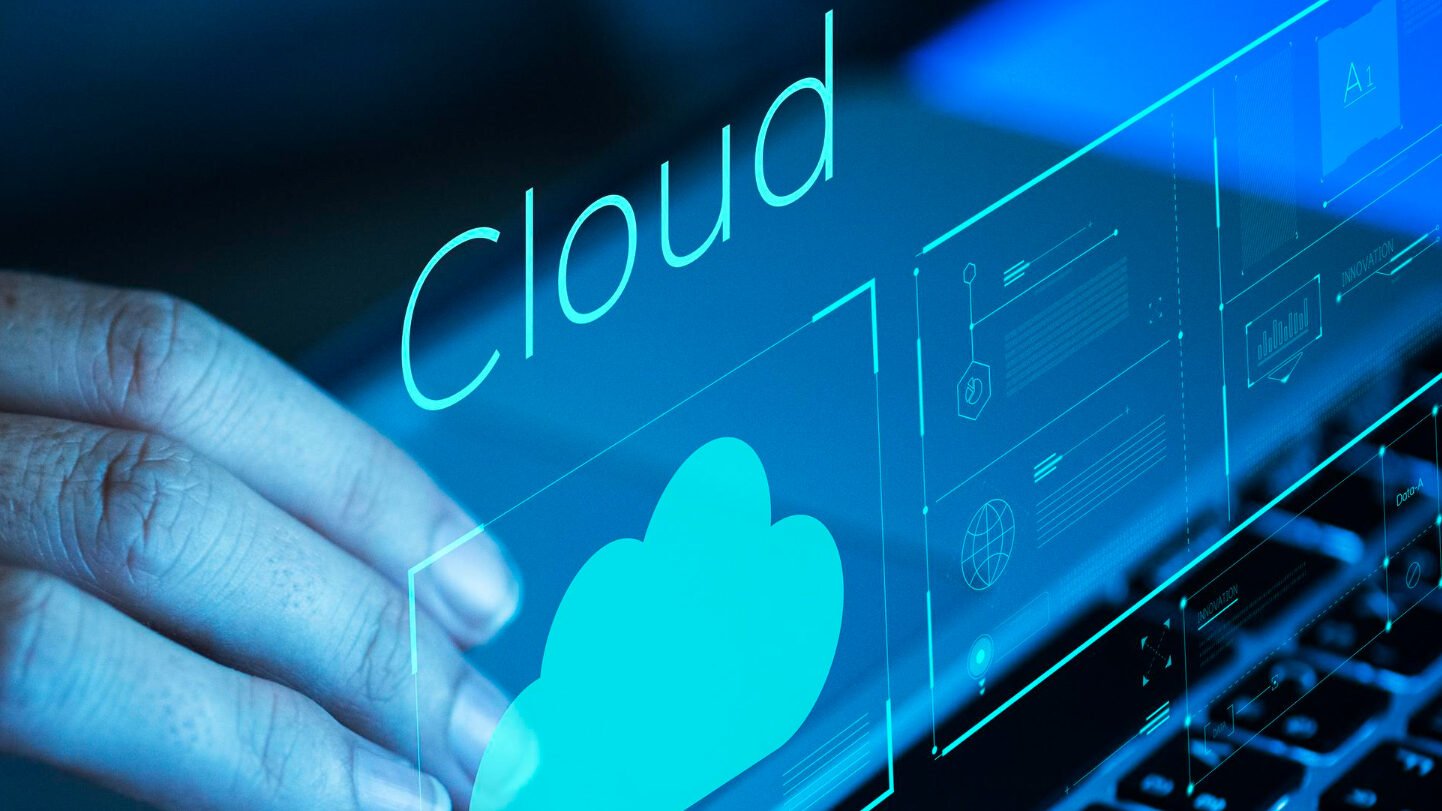
In today’s digital age, Software as a Service (SAAS) has revolutionized the way businesses access and utilize software applications. The cloud-based nature of SAAS provides unprecedented convenience, scalability, and cost-effectiveness. However, the growing reliance on cloud-based services also raises concerns about data security and privacy. As businesses entrust sensitive data to SAAS platforms, ensuring robust security measures is paramount. This blog post explores the best practices for safeguarding user data in the cloud and understanding SAAS security to build trust with customers.
If you want to know more about SAAS-based website then click here.
The Importance of SAAS Security

Data Breach Impact
The consequences of a data breach for SAAS companies and their customers can be severe, ranging from financial losses to reputational damage. Understanding the risks of data breaches underscores the importance of strong security measures.
Customer Trust
A strong commitment to data security builds trust with customers. Businesses that prioritize security instill confidence in their customers, leading to increased user adoption and retention.
Compliance with Regulations
Many industries are subject to data protection regulations like GDPR, CCPA, or HIPAA. Ensuring SAAS security helps businesses comply with these regulations and avoid legal liabilities.
SAAS Security Threats

Unauthorized Access
Protecting user credentials and implementing robust authentication mechanisms is crucial to prevent unauthorized access to user accounts and sensitive data.
Data Loss
The risk of data loss due to hardware failure or system errors emphasizes the importance of data backups and disaster recovery planning.
Insider Threats
Businesses must address insider threats by limiting access privileges and monitoring user activity to detect any suspicious behavior.
Malware and Ransomware
SAAS platforms must employ strong antivirus and anti-malware measures to mitigate the risks of malware attacks and ransomware demands.
Best Practices for SAAS Security

Data Encryption
Implement end-to-end encryption to safeguard data during transmission and storage, ensuring that even if intercepted, the data remains unreadable to unauthorized parties.
Multi-Factor Authentication (MFA)
Enforce MFA to add an extra layer of security, requiring users to provide multiple forms of identification before accessing their accounts.
Regular Security Audits
Conduct frequent security audits to identify vulnerabilities and weaknesses in the SAAS platform. Address any findings promptly to maintain a secure environment.
Secure Development Lifecycle
Implement secure coding practices and conduct thorough security testing during the development process to identify and fix security flaws before deployment.
Security Training
Educate employees and users about security best practices, such as identifying phishing attempts and handling sensitive information.
Access Control
Enforce strict access controls to limit data access to authorized personnel only, reducing the risk of unauthorized data exposure.
Incident Response Plan
Develop a comprehensive incident response plan to detect, respond to, and recover from security incidents effectively.
Android application plays the best role in business, to know more about SAAS based application and how easy it works click here.
Cloud Provider Selection

Trusted Providers
Choose reputable and trusted cloud service providers with a proven track record of robust security practices.
Data Residency
Ensure that the cloud provider complies with data residency requirements relevant to the regions where the SAAS platform operates.
Security Certifications
Verify if the cloud provider has relevant security certifications, such as ISO 27001, SOC 2, or PCI DSS, to demonstrate their commitment to data security.
Conclusion
Protecting user data is paramount in the SAAS industry. By understanding the importance of SAAS security, identifying potential threats, and implementing best practices, SAAS app development platforms can build trust with their customers and protect their sensitive information. By choosing secure cloud providers, conducting regular security audits, and educating employees and users about security best practices, SAAS companies can enhance their data security posture, ensuring a safe and trustworthy environment for their users.
Experience the difference
Frequently Asked Questions (FAQs)
What are SAAS data security best practices?
SAAS data security best practices refer to a set of guidelines and measures implemented by SAAS app development platforms to protect user data from unauthorized access, data breaches, and other security threats. These practices typically include data encryption, multi-factor authentication (MFA), regular security audits, and secure coding practices.
How does data encryption enhance SAAS data security?
Data encryption involves converting sensitive data into unreadable code during transmission and storage. It ensures that even if intercepted by unauthorized parties, the data remains indecipherable, providing an additional layer of protection against data breaches and unauthorized access.
What is multi-factor authentication (MFA) in the context of SAAS data security?
Multi-factor authentication (MFA) is a security mechanism that requires users to provide multiple forms of identification before accessing their accounts. This typically includes something the user knows (like a password), something they have (like a mobile device for receiving a one-time code), or something they are (like a fingerprint or facial recognition). MFA helps prevent unauthorized access to user accounts and enhances overall data security.
How often should SAAS platforms conduct security audits?
SAAS platforms should conduct regular security audits to identify vulnerabilities and weaknesses in their infrastructure and applications. The frequency of security audits may vary based on the platform’s size and complexity, but typically they should be conducted at least annually, and more frequently if there are significant changes or updates to the platform.
How can SAAS app development platforms ensure compliance with data protection regulations?
SAAS app development platforms can ensure compliance with data protection regulations, such as GDPR or CCPA, by implementing robust data security measures, obtaining explicit user consent for data processing, providing users with control over their data, and conducting regular privacy impact assessments. Additionally, they should choose cloud providers that comply with relevant data residency requirements and security certifications.
Connect with for Website Development and Application Development: Click Here

[…] Creating a website or Application time taking but requires protection from hackers and outside threats – Click here to know more about SaaS data security […]
[…] What are the major best practices to secure your website, click here to read this blog […]